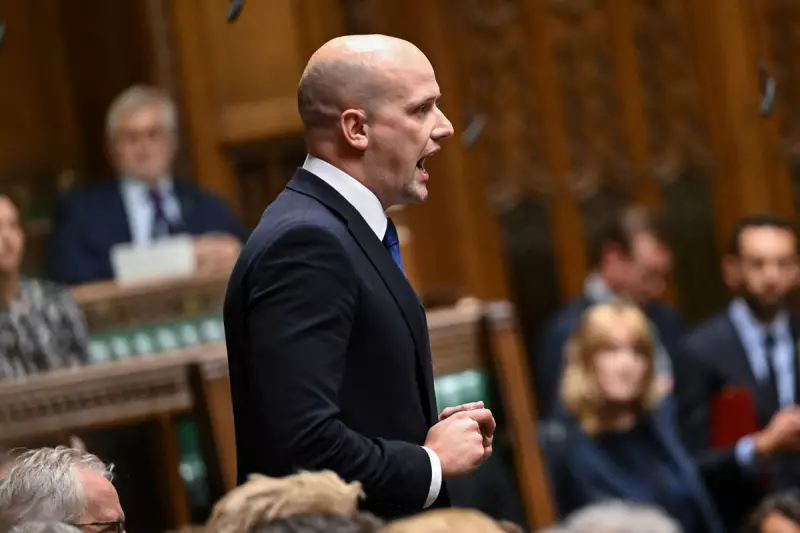
Labour leader Sir Keir Starmer is facing significant political headwinds following criticism from the SNP's Westminster leader over his planned meeting with Israeli President Isaac Herzog. Stephen Flynn has publicly challenged Sir Keir, demanding he use the high-profile meeting to call for an immediate ceasefire in Gaza.
The planned meeting at the World Economic Forum in Davos comes at a highly sensitive time for the Labour leader, who is attempting to navigate deep internal divisions within his own party regarding the UK's stance on the ongoing Israel-Gaza conflict.
Mounting Pressure from Political Opponents
Mr Flynn did not mince words in his criticism, stating that Sir Keir has been "on the wrong side of public opinion" regarding the humanitarian crisis in Gaza. The SNP leader urged the Labour chief to leverage his position to demand an immediate end to hostilities during his conversation with President Herzog.
This external pressure compounds Sir Keir's challenges in maintaining party unity, as dozens of Labour frontbenchers have already rebelled against his position by supporting calls for a ceasefire in Parliament.
Labour's Internal Divisions Exposed
The Israel-Gaza conflict has proven particularly troublesome for Sir Keir's leadership, exposing significant fractures within Labour ranks. Despite the leader's office maintaining that his meeting with President Herzog is part of ongoing diplomatic efforts, many within his own party remain unconvinced.
Shadow ministers have openly defied the leadership's position, highlighting the delicate balancing act Sir Keir must perform between supporting Israel's right to self-defence and addressing humanitarian concerns in Gaza.
What This Means for Labour's Electoral Prospects
Political analysts suggest that Sir Keir's handling of this sensitive international issue could have significant implications for Labour's electoral prospects. With the party maintaining a strong lead in polls, any perceived misstep on international diplomacy could provide ammunition to political opponents.
The meeting with President Herzog represents both an opportunity and a risk for the Labour leader—a chance to demonstrate statesmanship on the world stage, but also a potential flashpoint for further internal dissent if his approach fails to satisfy critics from across the political spectrum.





